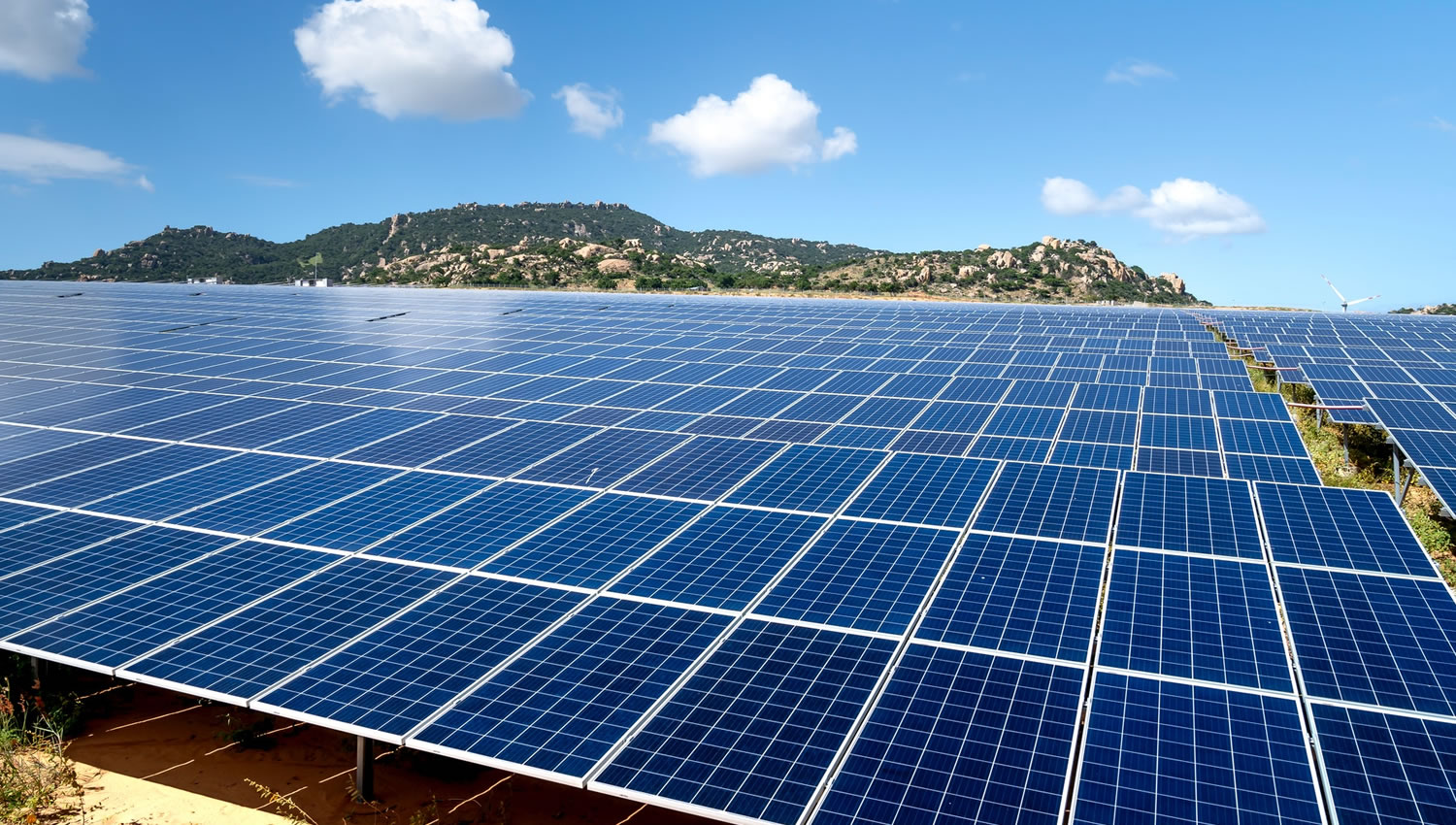6 Tips For Getting the Most from a Solar-Powered Home
Utilizing solar energy is a relatively new method of powering a home that has quickly become popular globally. Solar panels can contribute to your savings over time since having them means you no longer have to deal with the rising or variable costs of electricity. They can also do a lot to lower your carbon footprint.
In setting up your very own solar-powered home and saving money with it, here are six tips you should consider:
Seek Assistance From An Expert
Get the help of an expert who is familiar with the procedures involved in using solar power for residential purposes. Skilled professionals are in a position to help you avoid making costly mistakes when installing or fitting your solar power system.
Consider The Amount Of Space Available
Prior to investing your time and resources in a solar system, it’s essential to make sure there’s enough room for it on your property. Additionally, your past power usage will dictate the number of panels you’ll require to power your home. You also have to figure out where to install the solar panels. Will they be fitted on the roof or placed on the ground, or will you go for both options?
It’s equally vital to observe the sun’s movements and find out if your desired position for the solar panels receives adequate sunlight on a daily basis. Don’t place your system in an area where the shadows of adjacent buildings naturally fall during the day. If you’re looking to have your solar panels installed on the roof, you must make sure your roofing is strong enough to withstand their weight.
Estimate Your Energy Requirements
In order to accomplish this, you have to calculate the average of the kilowatt-hour (kWh) figure indicated at the bottom section of your past electricity bills. Ensure that your household’s energy requirements for each season are taken into account and that the power you’re aiming to generate can support your needs even on the busiest days.
Do Your Research
By educating yourself before taking the steps to have a solar-powered home, you can better understand how electrical energy and solar power systems work. More importantly, awareness is the secret to safety and getting sufficient power from your solar panels.
Choose An Appropriate System
In order to establish the type of solar structure that’s suitable for your home, you’ll have to study the differences between an off-grid and a grid inter-tied solar power system. After you decide on the type that’ll work best for your home, the next step is to size the system.
Determine The Number Of Panels You Will Need
This can be done by a seasoned solar technician. Once the number of solar panels your home requires has been calculated, you can check if your current budget will cover all the costs that the project would entail. In line with this, it’s important to consider applying for solar subsidies or incentives offered by local or state administrations.

